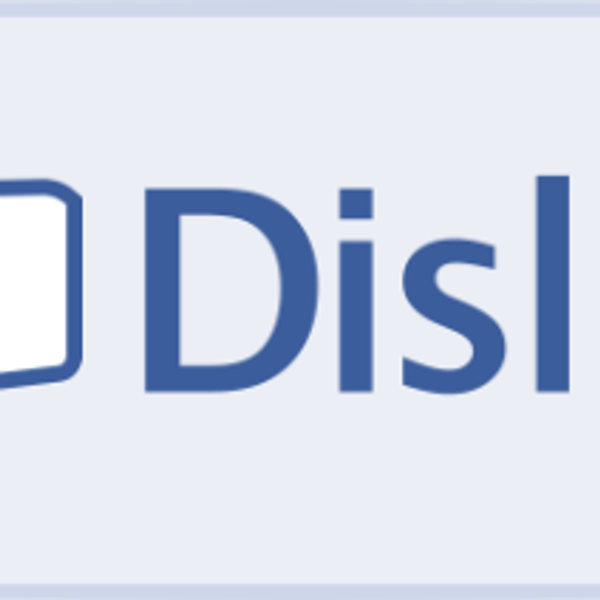No one wants to think of themselves as ignorant or uninformed. Certainly no one wants to believe that they live in an echo chamber. There are a lot of people who like to imagine themselves as being someone who listens to multiple viewpoints in order to get the full picture, and then draw their own conclusions. There are of course many people who do this, but I think it’s fair to say that most of the people who say that they do that are deluding themselves. People are more insulated from alternative viewpoints than many would like to admit, and social media may very well be contributing to this problem.
Social media platforms are a means of interacting with people on a greater scale and with greater frequency than what’s possible with real life interactions. So one would think that by using Facebook, and seeing posts by your Facebook friends, many of whom undoubtedly think differently and hold different viewpoints than you, you would be better informed and more well-rounded in terms of knowledge of issues. This actually is not what happens, and it’s not because people only associate with people who agree with them (although that’s part of it). The problem is the algorithm that sites like Facebook use to determine what appears in the person’s feed. The basic premise of the algorithm is to show the user what they may also like, as opposed to something new that they may not like. It is set up in such a way that the content you like is the type of content that presents itself in your feed, with greater frequency the more you like it, leaving the user effectively insulated from opposing viewpoints. If you like Donald Trump for example, and you constantly like pro Trump articles and pro Trump Facebook posts, eventually you won’t see anything critical of Trump, because Facebook won’t be presenting it to you. The same is true of people who liked Hillary, or subscribe to any particular viewpoint or hold any kind of bias.
Of course this cannot be entirely blamed on technology. The person also bears responsibility for not seeking out alternative points of view. But social media sites are furthering the problem. It is perhaps true that in a society where social interaction increasingly takes place online as opposed to in person, this problem is resulting in greater group think and greater perpetuation of echo chambers than what was typical in the past. This could help explain why the political climate appears to be so unusually divided and hostile. There was always a degree of hostility between the two sides of the political spectrum, but in the past decade it has reached a boiling point. This problem would not be as significant if people were exposed to alternative viewpoints, and aside from people seeking them out, fixing the way social media sites like Facebook present people with information would be a good way to lessen the political divide.





















